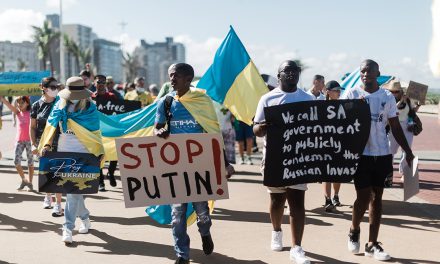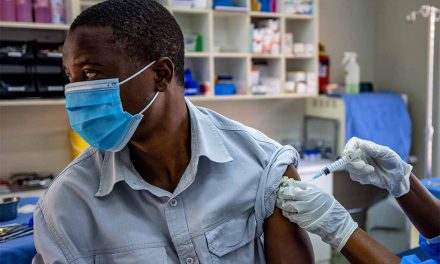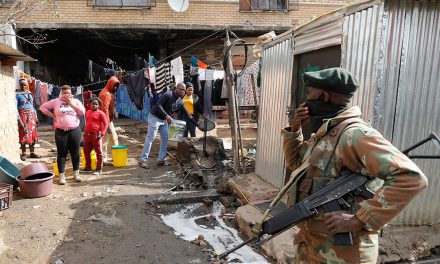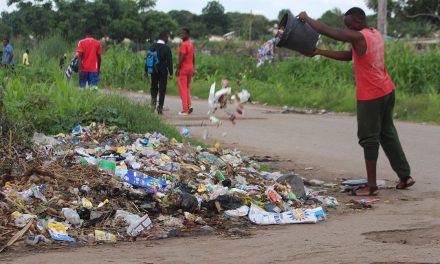GGA would like to extend its condolences to the family of former apartheid President FW de Klerk, who passed away at the age of 85 on Thursday, 11 November 2021.
De Klerk served as president of the Republic of South Africa from 1989 to 1994 before leading the apartheid government into negotiations with the exiled African National Congress in the transition to a constitutional democracy.
MEDIA RELEASE
GGA statement on the passing of former apartheid president FW de Klerk
FOR IMMEDIATE PUBLICATION
JOHANNESBURG – GGA would like to extend its condolences to the family of former State President FW de Klerk, who passed away at the age of 85 on Thursday, 11 November 2021.
De Klerk served as president of the Republic of South Africa from 1989 to 1994 before leading the apartheid government into negotiations with the exiled African National Congress in the transition to a constitutional democracy.
He is survived by his wife Elita Georgiades and two children.
De Klerk was instrumental in the release from prison after 27 years of ANC leader Nelson Mandela, and the unbanning of the organisation, which resulted in negotiations between South Africa’s black and white political factions and the country’s first democratic elections in 1994.
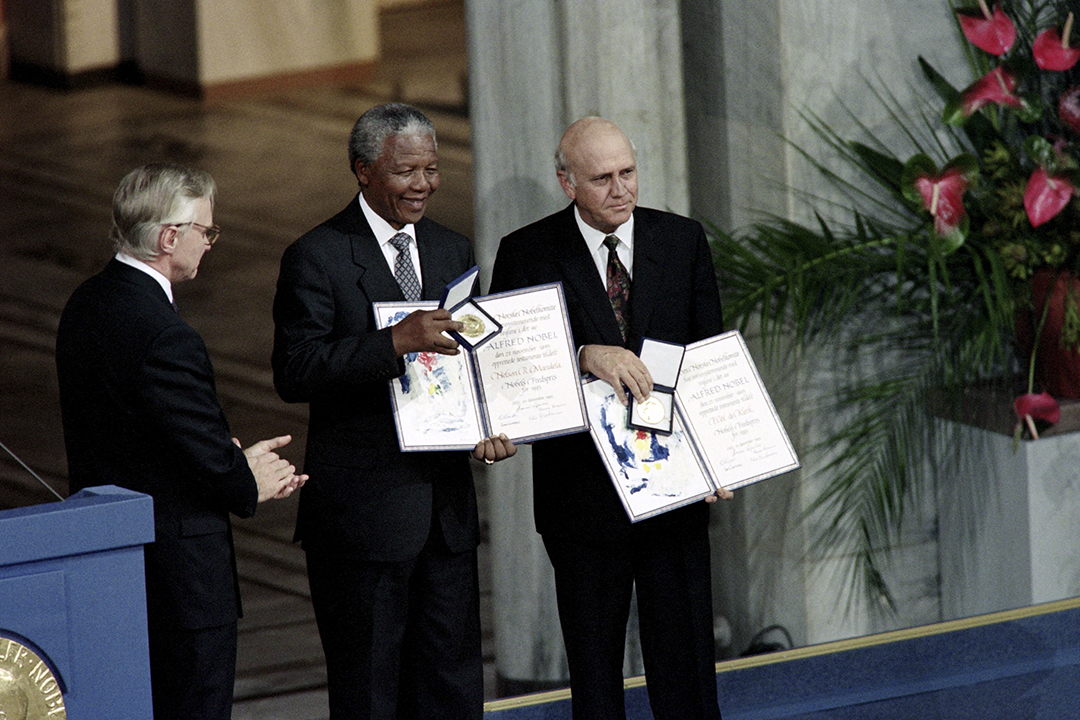
(Nelson Mandela and De Klerk display in Oslo their Nobel Prizes after being awarded jointly for their work to end apartheid peacefully. Photo by Gerard Julien/AFP
The pair were awarded the Nobel Peace Prize for their efforts in ending apartheid, a system of racial segregation and brutal oppression of the black majority.
While lauded for his courage and bloody-mindedness in bringing recalcitrant members of the white community to the negotiation table at a time when the country was on a trajectory to a bloodbath, De Klerk was seen as a traitor by conservative elements within his own National Party.
Even Mandela described him as “by no means the great emancipator”, but rather a pragmatist who sought to ensure a degree of power for the Afrikaner in new, democratic dispensation.
There are mixed views on his legacy, which will remain forever marked by a failure to take the opportunity for full accountability, to show remorse, and worse, for refusing to acknowledge apartheid as a crime against humanity.
De Klerk was, for instance, accused by apartheid assassin Eugene de Kock of having knowledge of death squads operating before the 1994 democratic elections.
An attempt at restorative justice, South Africa’s Government of National Unity launched a Truth and Reconciliation Commission (TRC), failed to provide closure for ordinary citizens for the painful consequences of the cruelty of the apartheid regime.
The compromises reached at CODESA and the TRC reverberate to this day, contributing to a path of dependency that has resulted in a flawed South Africa unable to meet the needs of its citizens.
An imperfect negotiated settlement has left us with deep structural problems in South Africa today, and begs the question: What do we do now, what steps do we now take to heal the wounds of the past?
We would argue that while De Klerk may have taken his secrets to the grave, the opportunity remains for those still alive today to seize the opportunity to contribute to a process of national healing by unburdening themselves of what must weigh heavily on their consciences.
Twenty-seven years into our democratic dispensation, we are grateful that South Africa did not collapse into even greater bloodshed than it could have. As flawed as De Klerk’s legacy is, we have to now work together to prevent further betrayal of the promise seeded in 1994. For the 63% of our youth population that faces unemployment, for instance, governance matters more than ever before.
Below is a video of De Klerk’s final words to South Africans.
Ends
For further information contact us on info@gga.org or visit our website at www.gga.org
Lloyd Coutts has an extensive background in journalism and media spanning 40 years. He holds a Bachelor of Journalism and Media Studies (Hons) from the University of the Witwatersrand and has worked as a reporter, sub-editor, news editor, assistant editor and acting editor for publications such as Business Day, The Star, Business Report and Sunday World. Lloyd also has experience in wire services, notably the German Press Agency (dpa), and radio (Network Radio News and Classic FM). He also worked in television news at eNCA.


